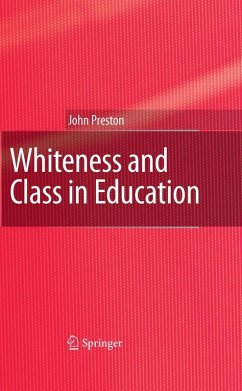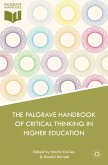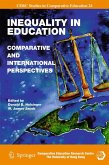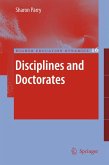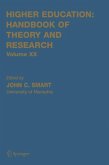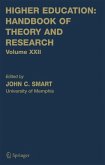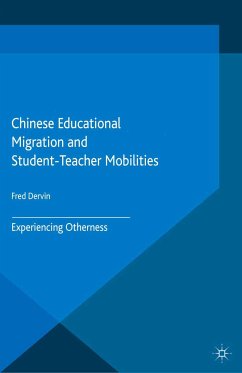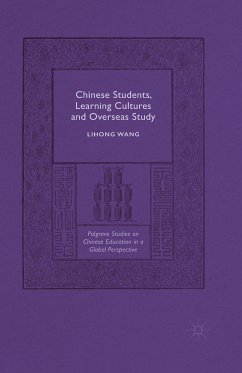Through the use of ethnographic, biographical and documentary research how whiteness 'works' in education is revealed. The ways in which working class whites are represented as 'white trash' or 'chav'; the subtle actions of white middle class learners to reduce diversity in adult education and the pre-modern qualities of white ruling class schooling are used to highlight both divergence and congruence in the racial formation of whiteness. Policy issues are also considered, in particular the merits of regulating 'hate speech' in universities and the ways in which racist 'civil defence pedagogies' have become embedded in educational and homeland security policies.
However, this book does not just consider the practices of whiteness but also how practitioners might consider critical whiteness studies in anti-racist practice. It is concerned with not only identifying how 'white supremacy' continues to dominate educational discourse and practice but how it can be resisted.
Dieser Download kann aus rechtlichen Gründen nur mit Rechnungsadresse in A, B, BG, CY, CZ, D, DK, EW, E, FIN, F, GR, HR, H, IRL, I, LT, L, LR, M, NL, PL, P, R, S, SLO, SK ausgeliefert werden.

